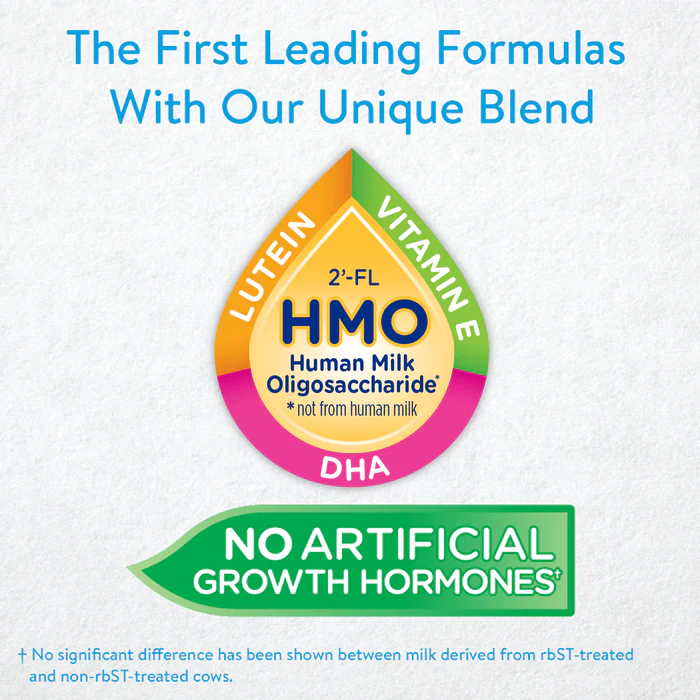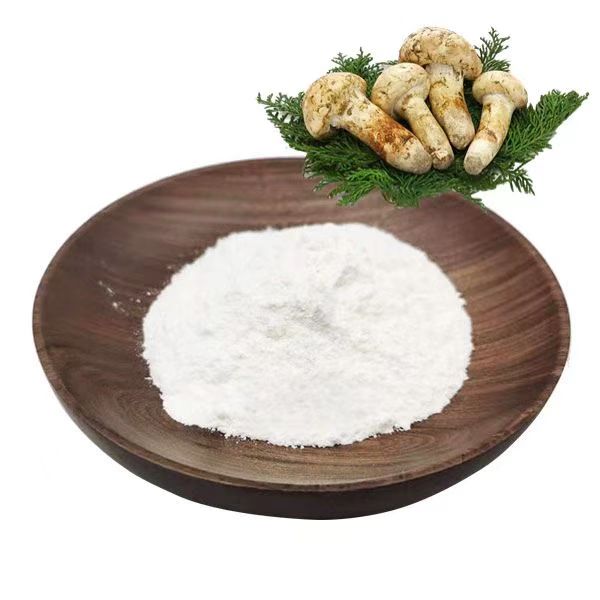
MSG
Monosodium glutamate (MSG) is a naturally occurring amino acid salt widely used as a flavor enhancer. Known for imparting the umami taste—one of the five basic taste sensations—MSG enhances the savory flavor profile of foods without adding sodium chloride’s saltiness. It is produced through the fermentation of starches, sugars, or molasses, resulting in a crystalline white powder with excellent solubility. MSG is recognized globally for its ability to amplify natural flavors, making dishes more appetizing and balanced. It is commonly used in culinary applications across many cuisines, as well as in processed foods, snacks, and seasoning blends.
Key Applications
MSG is primarily used as a flavor enhancer in soups, sauces, snacks, canned foods, frozen meals, and processed meat products. It improves taste by boosting savory notes and reducing the need for excess salt. MSG is also utilized in restaurant cooking and seasoning mixes to create rich, satisfying flavors. Additionally, it helps food manufacturers develop lower-sodium products without compromising taste, aligning with current health trends.
Product Advantages
- *Enhances natural umami flavor and overall taste complexity
- *Reduces sodium content by allowing less salt usage
- *Highly soluble and easy to incorporate across various food types
- *Produced via natural fermentation, ensuring purity and safety
- *Widely recognized and approved by global food safety authorities
- *Economical flavor enhancement solution for food manufacturers



